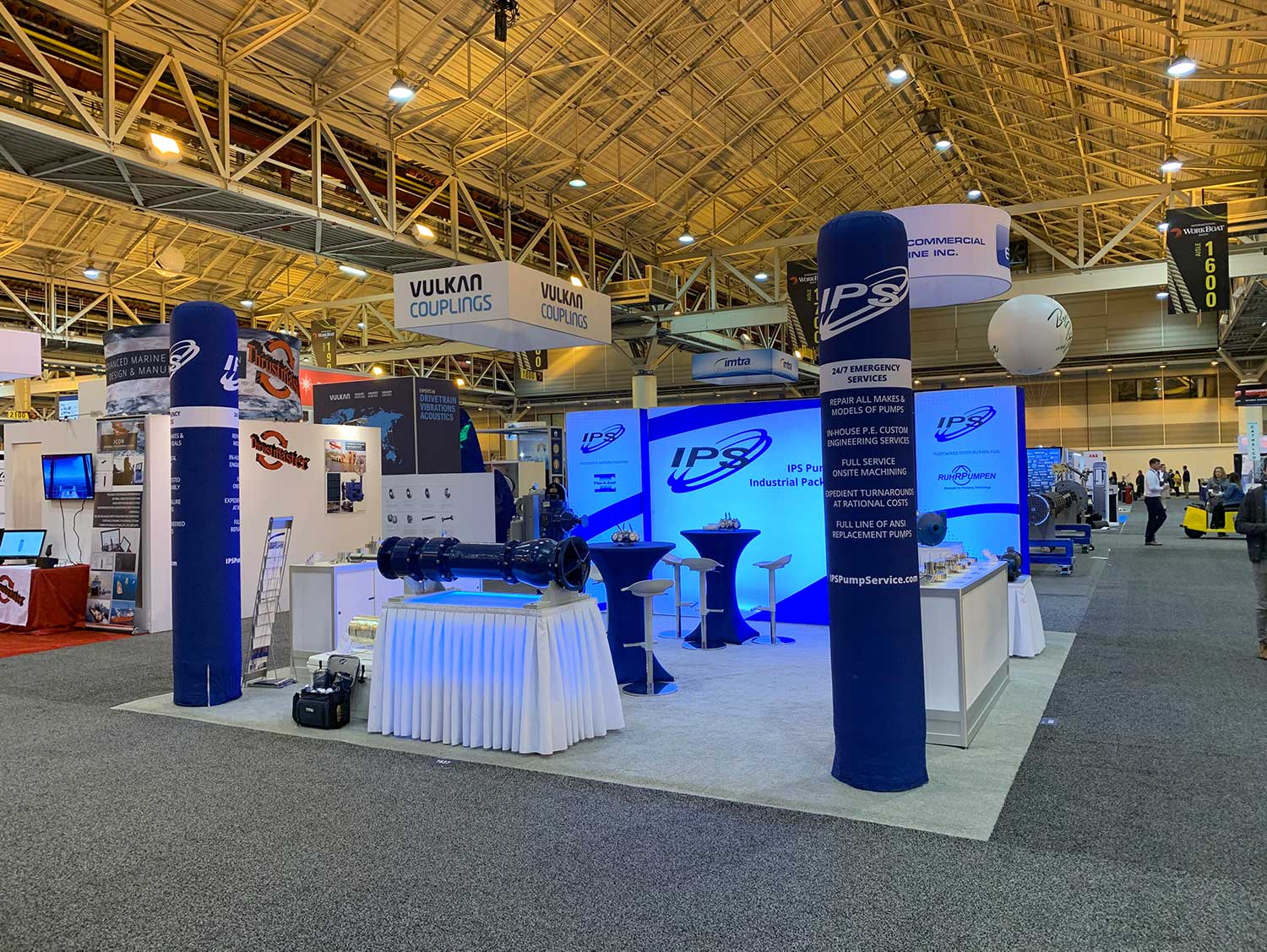Campaigners' Grave Concerns Regarding Police Accountability

Table of Contents
Insufficient Investigations and Lack of Transparency
A major source of frustration for campaigners is the persistent inadequacy of investigations into police misconduct. Internal affairs units, often tasked with investigating complaints, are frequently criticized for a lack of independence and transparency. This lack of transparency in policing undermines public trust and fuels cynicism.
-
Insufficient Evidence Gathering: Many investigations are hampered by insufficient evidence gathering, leading to inconclusive findings and a failure to hold officers accountable. Witness statements are sometimes ignored or downplayed, crucial evidence is mishandled, and body camera footage is not always properly preserved or analyzed.
-
Lack of Independent Oversight: Internal investigations often lack the independence necessary to objectively assess police actions. The inherent conflict of interest within a system investigating itself often leads to a whitewashing of misconduct.
-
Examples of Inadequate Investigations: [Cite specific examples of cases where investigations were deemed insufficient, linking to credible news sources or reports. For example: "The case of [officer's name] in [city], where [briefly describe the incident and the outcome of the investigation], highlights the systemic flaws in the current investigative process."]. This lack of transparency fuels public distrust and hinders meaningful reform efforts. The absence of clear, accessible information regarding investigation outcomes actively perpetuates a culture of impunity.
Systemic Bias and Racial Profiling
Campaigners consistently highlight the disproportionate impact of police misconduct on minority communities, pointing to systemic bias and racial profiling as underlying causes. Data consistently reveals a stark disparity in arrests, use of force incidents, and other forms of police interaction based on race and ethnicity.
-
Disproportionate Arrests and Use of Force: Studies show that people of color are disproportionately arrested, subjected to excessive force, and more likely to experience other forms of police misconduct compared to white individuals.
-
Racial Profiling and its Consequences: Racial profiling, the targeting of individuals based on race or ethnicity, erodes trust in law enforcement and creates a climate of fear and resentment within affected communities. This practice undermines the legitimacy of policing and actively fuels social unrest.
-
Statistical Evidence and Real-life Examples: [Cite relevant statistical data and real-life examples from credible sources to illustrate the issue of systemic bias and racial profiling. For instance: "According to [source], [statistic on disproportionate arrests] demonstrates the urgent need to address systemic racism within law enforcement."]. These disparities highlight the deep-seated problem of systemic bias that undermines police accountability and fuels social unrest.
Inadequate Accountability Mechanisms and Weak Oversight
Current accountability mechanisms, such as internal affairs units and civilian review boards, often prove inadequate. Their limitations include lack of independence, insufficient resources, and weak enforcement of recommendations.
-
Lack of Independence and Resources: Many civilian review boards lack the authority and resources to conduct thorough investigations and hold officers accountable. Their recommendations are often ignored or weakly enforced by police departments.
-
Influence of Police Unions: Police unions frequently exert significant influence on disciplinary actions, often hindering attempts to hold officers accountable for misconduct. Their power to protect officers, regardless of wrongdoing, undermines the effectiveness of existing accountability mechanisms.
-
Alternative Oversight Models: Campaigners advocate for alternative models such as independent prosecutorial units, dedicated to investigating police misconduct, and enhanced funding and powers for civilian review boards to ensure truly independent oversight. This includes implementing stricter regulations and removing conflicts of interest that hinder effective investigation and prosecution of police misconduct.
Calls for Reform and Proposed Solutions
Campaigners are demanding significant police reform to address the deep-seated issues of police accountability. They are calling for a fundamental shift in policing culture and practices.
-
Body Cameras and Transparency: Widespread adoption of body cameras, coupled with transparent policies for data access and retention, can enhance accountability by providing objective evidence of police interactions.
-
De-escalation Training and Use-of-Force Policies: Implementing comprehensive de-escalation training and stricter use-of-force policies can significantly reduce instances of police brutality and misconduct.
-
Community Policing and Trust Building: Fostering strong relationships between police and the communities they serve through community policing initiatives can help build trust and improve accountability.
-
Independent Prosecutors: The establishment of independent prosecutorial units, free from influence from law enforcement agencies, is crucial for ensuring impartial investigations and prosecutions of police misconduct.
Conclusion
Campaigners' concerns regarding police accountability are not merely isolated incidents; they represent a systemic crisis of trust. Insufficient investigations, systemic bias, and weak oversight mechanisms create a climate where police misconduct goes unpunished, perpetuating cycles of violence and injustice. Addressing these challenges requires comprehensive police reform, including greater transparency, independent oversight, and a fundamental shift towards community-oriented policing. Demand stronger police accountability by contacting your elected officials and supporting organizations working to reform law enforcement. Join the movement for a more just and equitable system of policing.

Featured Posts
-
 Daily Horoscope Today April 17 2025 Astrological Predictions For All 12 Zodiac Signs
Apr 30, 2025
Daily Horoscope Today April 17 2025 Astrological Predictions For All 12 Zodiac Signs
Apr 30, 2025 -
 New Cruise Rewards Program From Cruises Com Details And Benefits
Apr 30, 2025
New Cruise Rewards Program From Cruises Com Details And Benefits
Apr 30, 2025 -
 The Future Of German Finance Klingbeils Potential Appointment
Apr 30, 2025
The Future Of German Finance Klingbeils Potential Appointment
Apr 30, 2025 -
 Beyonce Jay Z E Trump Em Festas Privadas Revelacoes De Um Documentario Sobre P Diddy
Apr 30, 2025
Beyonce Jay Z E Trump Em Festas Privadas Revelacoes De Um Documentario Sobre P Diddy
Apr 30, 2025 -
 Maximizing Roi Schneider Electrics Trade Show Marketing Strategy
Apr 30, 2025
Maximizing Roi Schneider Electrics Trade Show Marketing Strategy
Apr 30, 2025
